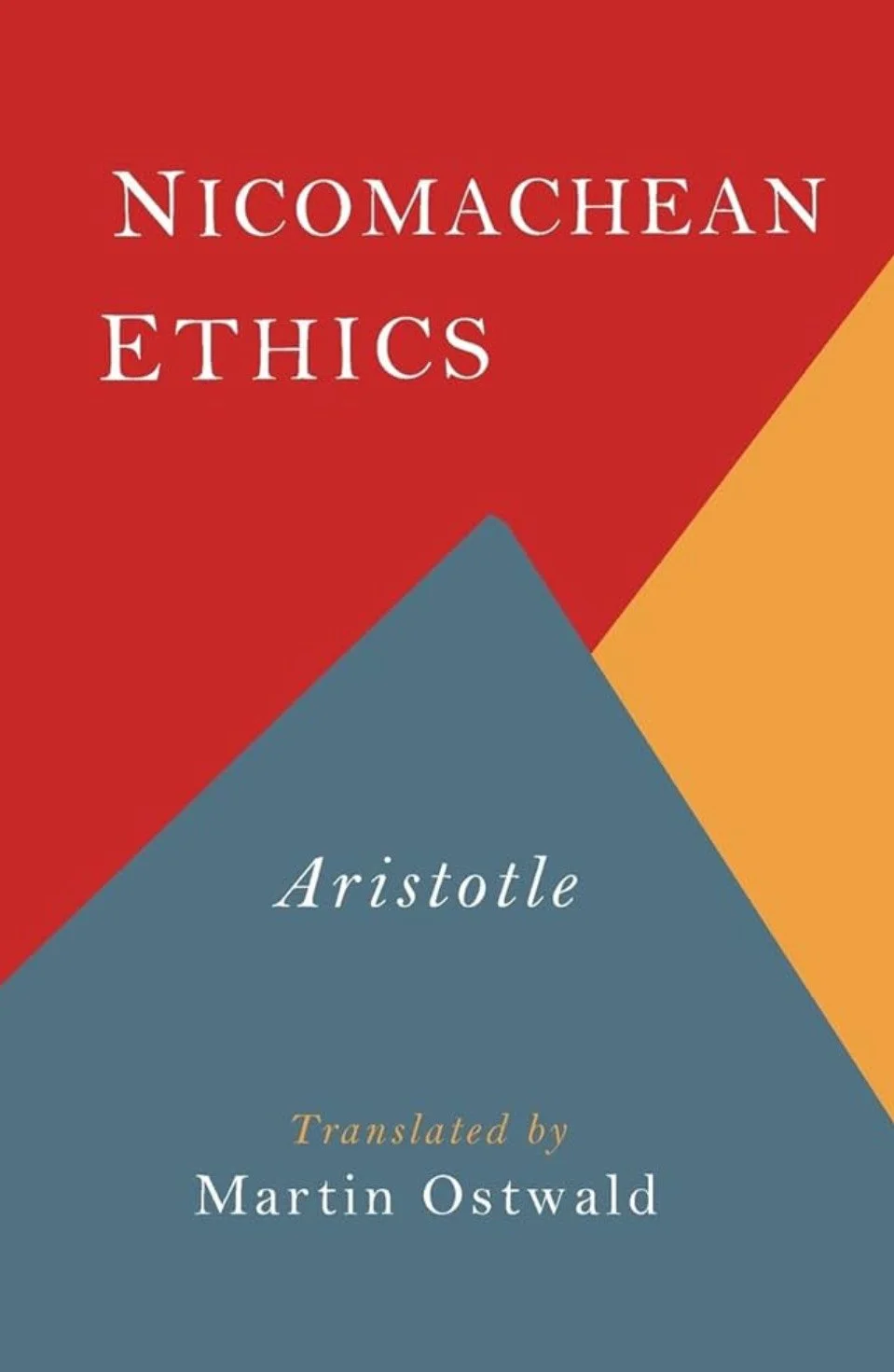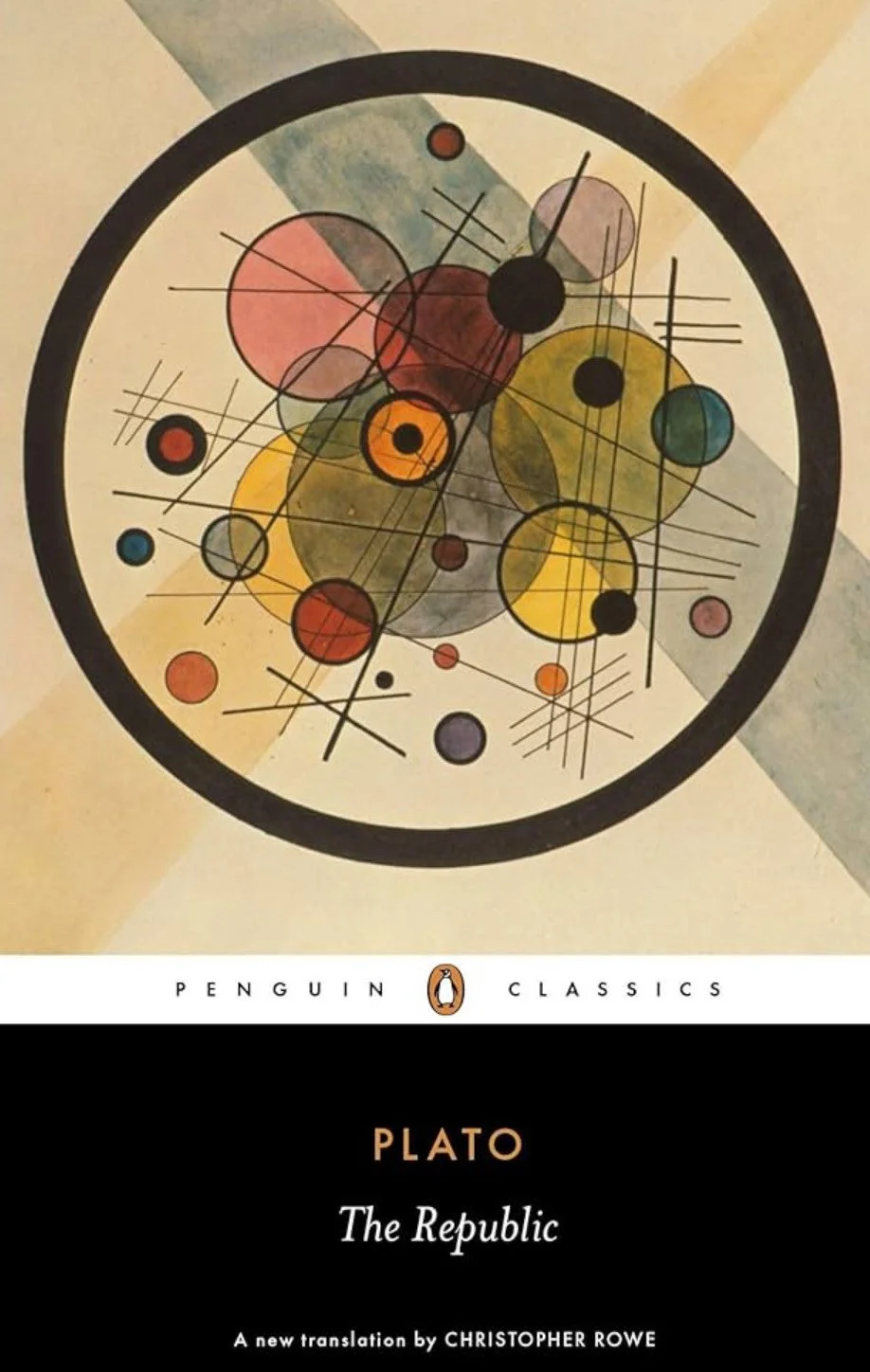Courses
The courses are designed to be flexible and student-centered. You’ll choose the topic that most interests you—Introduction to Philosophy, Ethics, Political Philosophy, or World Religions—and from there, we follow a curated reading list that unfolds in historical order. Each list is designed to guide you through key thinkers and texts chronologically, offering a sense of how philosophical ideas have developed over time. Whether you’re reading Plato and Aristotle, exploring religious texts from ancient traditions, or engaging moral and political thought, the structure helps build context and continuity. This approach allows you to engage deeply with each work while seeing how it fits within the broader philosophical conversation across history.
Introduction to Philosophy
This course offers a guided entry point into some of the most enduring questions in human thought: What is truth? What is reality? What can we know? Does God exist? What does it mean to live a good life? Designed for adult learners, this track introduces philosophy through a chronological reading of foundational texts, beginning in ancient Greece and moving through key figures in medieval, and modern thought. You’ll engage directly with the works of thinkers like Plato, Aristotle, Descartes, and Kant. The goal is to encounter big ideas in a way that’s intellectually serious, personally meaningful, and grounded in the tradition that shaped them.
Reading List:
Plato, The Last Days of Socrates
Plato, Symposium
Aristotle: Understanding the World’s Greatest Philosopher
Augustine (excerpts on Time and the Problem of Evil)
Anselm (the Ontological Argument for the Existence of God)
Aquinas (Arguments for the Existence of God)
Descartes, Discourse on Method
Kant: A Very Short Introduction
The Ethics track explores timeless questions about right and wrong, virtue, and the good life: What makes an action right or wrong? What do we owe to others? What is the good life? Through a chronological reading of classic texts, you’ll examine how moral philosophers have answered these questions—from ancient frameworks like Aristotle’s virtue ethics and Stoic thought, to the religious ethics of Aquinas, and into modern moral theories from thinkers like Kant and Mill. This course is designed for adult learners who want to reflect seriously on the ethical foundations of human life. Each session invites open, Socratic dialogue about the ideas, helping you connect philosophical theory to real-world moral questions in a thoughtful and grounded way.
Reading List:
Plato, Gorgias
Plato, Protagoras
Aristotle, Nicomachean Ethics
Epicurus, The Art of Happiness
Seneca, Letters from a Stoic
Aquinas (Natural Law Theory)
Hume, Kant, and Mill (excerpts)
Topics in Applied Ethics (selected essays)
Ethics
Political Philosophy
This track explores how philosophers have understood power, justice, freedom, and the role of the state throughout history: What is justice? What is the best form of government? What is freedom? What is the role of the state? Beginning with foundational texts from Plato and Aristotle, and moving through thinkers like Machiavelli, Hobbes, Locke, and Rousseau, you’ll explore the development of political thought in its historical context. This course is ideal for adult learners interested in understanding the philosophical roots of modern political systems and ideas. The reading list progresses chronically to show how debates over authority, rights, and governance have shaped the world we live in today. Our discussion will not focus on partisan views, but on the enduring questions that continue to challenge societies across time.
Reading List:
Plato, The Republic
Aristotle, The Politics
Augustine, City of God (excerpts)
Machiavelli, The Prince
Thomas Hobbes, The Leviathan
John Locke, Second Treatise of Civil Government
Jean-Jacques Rousseau, Political Writings
This track offers an accessible yet intellectually rigorous exploration of the world’s major religious traditions, guided by Huston Smith’s beautifully illustrated concise The Illustrated World’s Religions. This curriculum invites students to engage with the philosophical foundations that underlie diverse religious worldviews—from the concept of the Tao in Taoism, to the problem of suffering in Buddhism, to the nature of the divine in Judaism, Christianity, and Islam. In addition to Smith’s text, we will draw from primary sources—the Bhagavad-Gita, the Dhammapada, the Analects, and selections from the Torah, New Testament, and Qur’an—to foster dialogue and deep reflection. This course encourages thoughtful comparison, respectful inquiry, and the cultivation of philosophical insight into the human search for meaning.
Reading List:
Huston Smith, The Illustrated World Religions
Hinduism: The Upanishads & The Bhagavad-Gita
Buddhism: The Dhammapada & Zen Mind, Beginner’s Mind
Confucianism: Analects & Mencius
Taoism: Tao Te Ching & Chung Tzu
Sikhism & Jainism: A Brief Introduction to Sikhism and Jainism
Islam: What the Qur’an Meant and Why it Matters & The Essential Koran
Judaism: God in Search of Man: A Philosophy of Judaism & Talmud: A Selection
Christianity: Catholicism: A Journey to the Heart of the Faith & The Meaning of Protestant Theology
World Religions
Next, click to see How it works?
Contact us
Interested in working together? Fill out some info and we will be in touch shortly. We can’t wait to hear from you!



